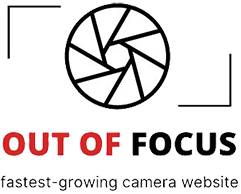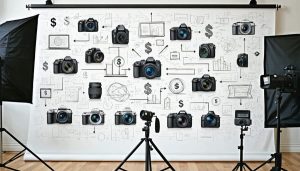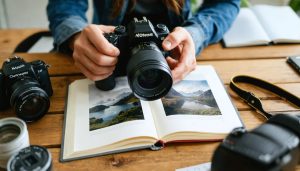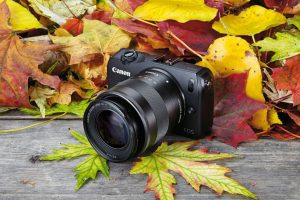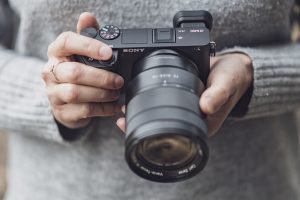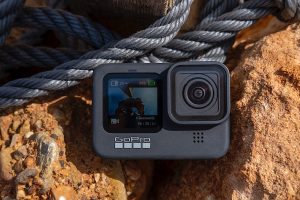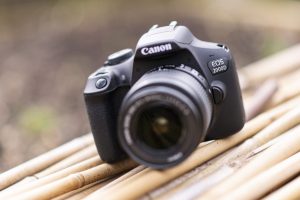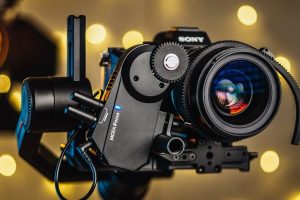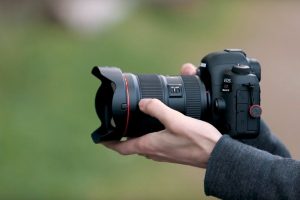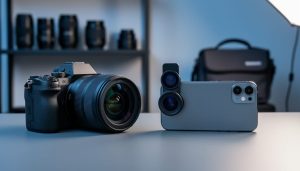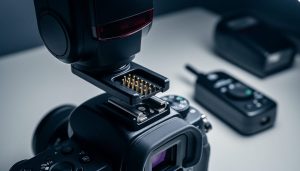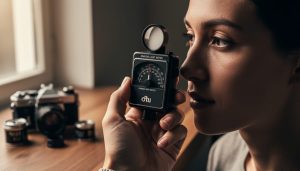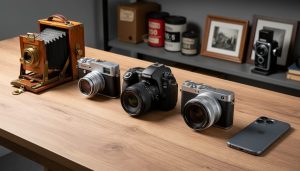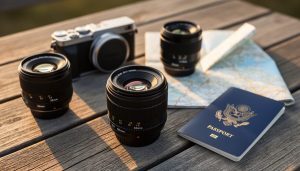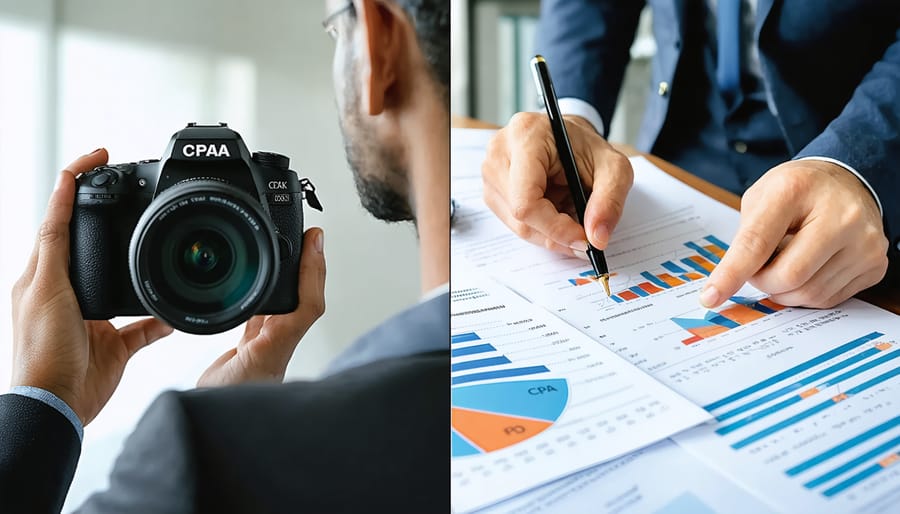
As a photographer, your financial success hinges on more than just capturing perfect moments – it demands strategic tax planning and financial management that only a specialized CPA can provide. From maximizing deductions on equipment purchases to navigating self-employment taxes and structuring your business effectively, a CPA who understands the unique challenges of the photography industry becomes your essential partner in growth.
Whether you’re a wedding photographer juggling multiple clients, a commercial photographer managing complex contracts, or a freelancer building your portfolio, professional accounting guidance can be the difference between merely surviving and truly thriving in your creative business. The right CPA doesn’t just handle your taxes; they help you make informed decisions about gear investments, studio expenses, and pricing strategies while ensuring you stay compliant with tax regulations.
Unlike general accountants, photography-focused CPAs understand the nuances of your business model – from handling client deposits and scheduling seasonal income to maximizing write-offs for your home studio. They recognize that your needs extend beyond basic bookkeeping to include business strategy, financial planning, and growth optimization tailored specifically to the photography industry.
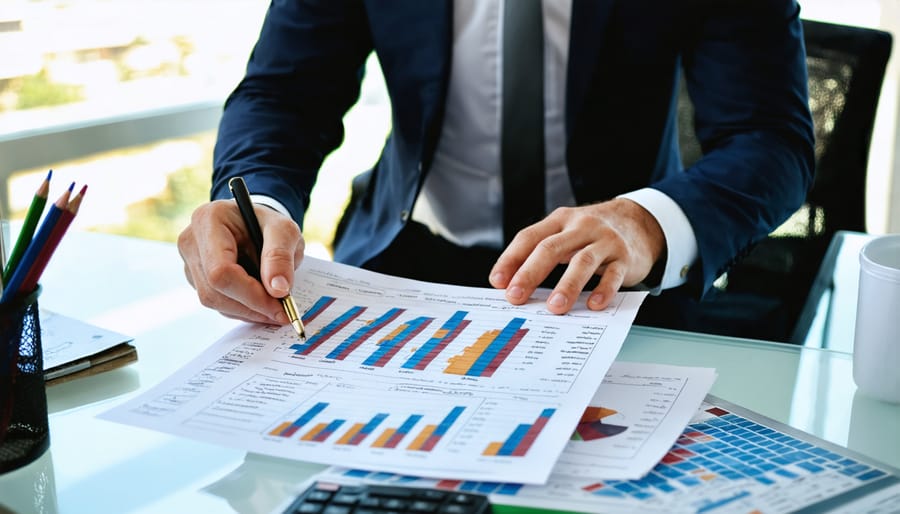
The Financial Complexities of Running a Photography Business
Equipment Depreciation and Write-offs
A knowledgeable CPA can be invaluable when it comes to managing your photography equipment investments. They understand how to properly depreciate expensive cameras, lenses, and other gear to maximize your tax benefits. For instance, while you might be tempted to write off that new $3,000 camera body all at once, your CPA might recommend spreading the depreciation over several years for optimal tax advantages.
Professional photographers can benefit from Section 179 deductions, which allow for immediate expense write-offs of qualifying equipment purchases. However, the rules around these deductions can be complex, and a CPA can help you determine whether to take the immediate deduction or opt for traditional depreciation methods.
Your CPA can also advise you on timing equipment purchases strategically. For example, they might suggest purchasing new gear in December rather than January to secure tax benefits for the current year. They’ll help track partial business use of equipment, ensure proper documentation for audits, and guide you on when to retire or sell old equipment for the best tax outcome.
Remember to keep detailed records of all equipment purchases, including receipts and business usage logs – your CPA will thank you for it!
Income Fluctuations and Tax Planning
As a photographer, your income likely ebbs and flows with the seasons, especially if you specialize in weddings or outdoor portraits. This variable income pattern can make tax planning particularly challenging. Wedding photographers often earn the bulk of their income during peak season (spring through fall), while commercial photographers might see project-based income spikes throughout the year.
To manage these fluctuations effectively, consider setting aside 25-30% of your earnings during high-income months for tax purposes. This buffer helps avoid surprises during tax season and ensures you can meet your quarterly estimated tax obligations. Many photographers find success using a separate savings account specifically for tax funds.
A strategic approach to business expenses can also help balance out income variations. Consider timing major equipment purchases during high-income periods to offset tax liability. Additionally, tracking your expenses meticulously throughout the year, rather than scrambling at tax time, allows for better financial planning and potential tax advantages.
Remember that timing your income recognition can be a valuable tax strategy. For instance, you might choose to bill certain clients in January rather than December to shift income into the next tax year when it makes sense for your overall tax situation.
Key Services a Photography-Focused CPA Provides
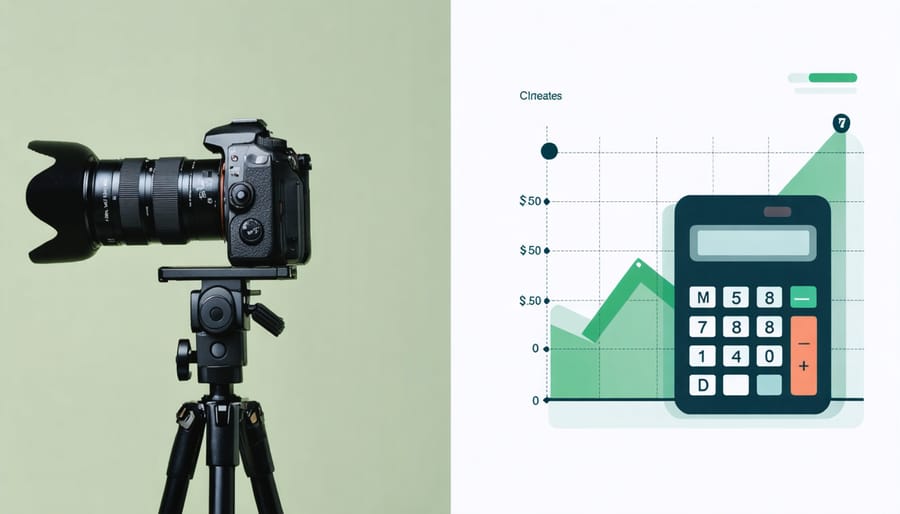
Business Structure Optimization
A skilled CPA can be invaluable when it comes to choosing the right business structure for your photography business. Whether you’re just starting out or considering restructuring your existing business, your CPA will analyze factors like your income, liability risks, and growth plans to recommend the most advantageous structure.
They’ll help you understand the pros and cons of operating as a sole proprietorship, LLC, or corporation, and guide you through the implications each option has on your taxes and personal liability. For instance, if you frequently shoot weddings with expensive equipment, your CPA might recommend an LLC to protect your personal assets.
Once established, your CPA will ensure you maintain compliance with state and federal regulations, handle necessary paperwork, and make strategic adjustments as your business evolves. They’ll also help you navigate complex scenarios like bringing on partners or contractors, opening a studio space, or expanding into multiple states.
Remember, your business structure affects everything from tax obligations to legal protection, making it one of the most crucial decisions for your photography business’s long-term success.
Cash Flow Management
Managing cash flow effectively is crucial for photographers, as income can fluctuate significantly throughout the year. Wedding photographers, for instance, might experience high revenue during peak season but slower periods during winter months. A CPA can help develop wealth management strategies that account for these seasonal variations.
Start by creating a detailed cash flow forecast that tracks both incoming revenue and outgoing expenses. Your CPA can help identify patterns in your business cycle and establish reserve funds for equipment purchases, tax obligations, and slower periods. They’ll also guide you in setting appropriate pricing structures that account for all your costs, including often-overlooked expenses like equipment depreciation and insurance.
Consider implementing a mix of payment options for clients, such as deposits, payment plans, and early-bird discounts. This approach helps maintain steady cash flow throughout the year. Your CPA can also advise on strategic timing for major purchases, tax-advantaged savings accounts, and when to reinvest in your business versus building personal savings.
Remember to regularly review and adjust your financial strategy with your CPA, especially as your business grows or market conditions change. This proactive approach ensures your photography business remains financially healthy and sustainable long-term.
Tax Strategy and Compliance
A well-planned tax strategy is crucial for photography businesses, and your CPA can help you navigate the complex landscape of deductions and compliance. As a photographer, you have unique tax considerations that go beyond standard business licensing requirements and basic income reporting.
Your CPA can help identify valuable deductions specific to photography, such as equipment depreciation, home studio expenses, travel costs for shoots, and professional development. They’ll ensure you’re tracking these expenses properly and maintaining the documentation needed for tax compliance.
Many photographers benefit from quarterly tax planning to avoid surprises during tax season. Your CPA can help establish a system for estimated tax payments and guide you through self-employment tax obligations. They’ll also advise on structuring your business (sole proprietorship, LLC, or corporation) to optimize tax benefits.
Don’t overlook state and local tax requirements, which vary by location and the type of photography services you offer. A knowledgeable CPA will help you stay compliant with sales tax regulations, especially important for photographers who sell physical products like prints or albums.
Remember to discuss tax implications of different revenue streams, such as digital downloads, print sales, or workshop instruction, as each may have distinct tax treatment.
Finding Your Perfect Photography CPA Match
Essential Qualities to Look For
When searching for a CPA to handle your photography business finances, certain qualities are essential for a successful partnership. First and foremost, look for someone with experience working with creative professionals, particularly photographers. They should understand the unique aspects of photography businesses, including equipment depreciation, studio expenses, and licensing income.
Industry knowledge is crucial – your CPA should be familiar with common photography business models, whether you’re primarily doing weddings, commercial work, or selling prints. They should understand seasonal income fluctuations and help you plan accordingly.
Tech-savvy CPAs are invaluable for photographers. They should be comfortable with popular accounting software and digital payment systems commonly used in the photography industry. Additionally, they should be well-versed in current tax laws affecting creative professionals and independent contractors.
Strong communication skills are non-negotiable. Your CPA should be able to explain complex financial concepts in clear, understandable terms and be responsive to your questions. They should proactively suggest tax-saving strategies and business optimization opportunities specific to photography businesses.
Look for a CPA who shows genuine interest in understanding your business goals and workflow. They should be willing to learn about your specific photography niche and adapt their advice accordingly. Finally, ensure they have a solid reputation and are properly licensed, with positive reviews from other creative professionals if possible.
Questions to Ask During Consultation
When meeting with a potential CPA, asking the right questions can help ensure they understand your photography business’s unique needs. Start by inquiring about their experience with creative professionals, specifically photographers. Ask how many photographers they currently work with and what specific challenges they’ve helped solve.
Discuss their familiarity with common photography business models, including wedding photography, portrait studios, or commercial work. A knowledgeable CPA should understand the complexities of booking fees, deposits, and payment schedules typical in the industry.
Ask about their experience with photography-specific deductions, such as equipment depreciation, studio space expenses, and travel costs for on-location shoots. They should be able to explain how these deductions apply to your business and suggest documentation methods.
Inquire about their approach to quarterly tax planning and whether they provide guidance on pricing strategies to ensure profitability. Understanding their communication style is crucial – ask about their preferred methods and response times, especially during tax season.
Don’t forget to discuss their knowledge of digital asset management and software subscriptions as business expenses. Also, ask about their experience with sales tax regulations for both physical products (like prints and albums) and digital deliverables.
Finally, request examples of how they’ve helped other photographers optimize their business structure and minimize tax liability while maintaining compliance with tax laws.
Working Successfully with Your CPA
Record-Keeping Best Practices
Keeping meticulous records is crucial for photographers running a successful business. Start by implementing a digital filing system that organizes receipts, invoices, and expenses by date and category. Consider using dedicated financial management software to automate much of this process and reduce manual data entry.
Create separate folders for client contracts, equipment purchases, and business expenses. Store digital copies of all receipts, and maintain a spreadsheet tracking mileage for photoshoots and business-related travel. Remember to keep records of both physical and digital assets, including camera gear, computers, and software licenses.
Set up a system for tracking deposits and final payments for each client project. This helps avoid confusion during tax season and ensures smooth communication with your CPA. Establish a regular schedule – weekly or monthly – to review and organize your financial documents. This proactive approach not only makes tax preparation easier but also helps you maintain a clear picture of your business’s financial health throughout the year.
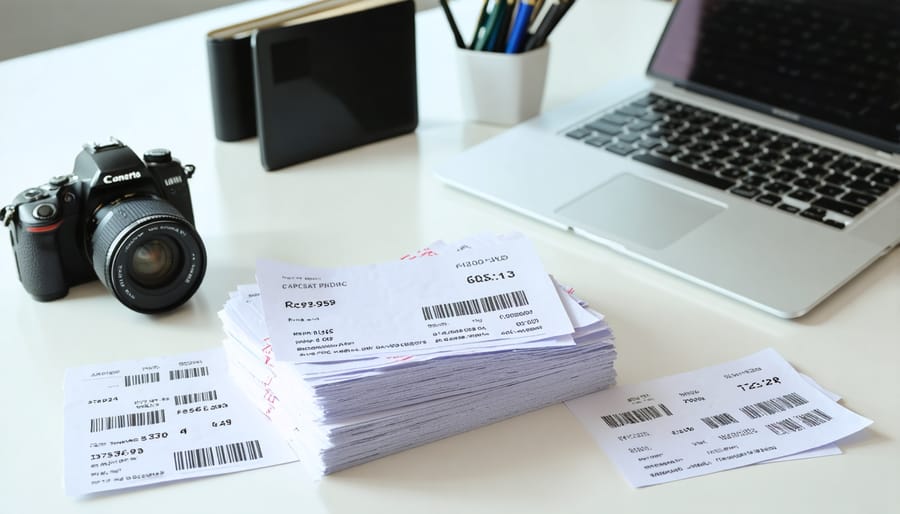
Regular Check-ins and Reviews
Building a successful relationship with your CPA goes beyond the annual tax season rush. Regular check-ins throughout the year can help you stay on top of your financial game and avoid last-minute surprises. Consider scheduling quarterly meetings to review your business performance, discuss upcoming expenses, and plan for tax obligations.
During these reviews, share updates about your photography business, such as new equipment purchases, studio expansions, or changes in your service offerings. This helps your CPA provide more targeted advice and identify potential tax savings opportunities. For instance, they might suggest timing your gear purchases strategically or restructuring your pricing to optimize your tax position.
Keep a running list of questions between meetings, and don’t hesitate to reach out when important financial decisions arise. Many photographers find it helpful to schedule reviews after peak wedding season or before major equipment investments. Your CPA can also help you establish financial benchmarks and monitor your progress toward business goals.
Remember, these regular check-ins are an investment in your business’s financial health. They help ensure you’re making informed decisions year-round, not just during tax season.
Choosing the right CPA for your photography business isn’t just about finding someone who can crunch numbers – it’s about partnering with a professional who understands the unique challenges and opportunities in the photography industry. A specialized CPA can help you navigate complex tax deductions, manage your cash flow during seasonal fluctuations, and make strategic financial decisions that support your creative endeavors.
Remember that your financial health is just as important as your creative vision. By working with a CPA who understands photographers’ needs, you’ll be better positioned to focus on what you do best – creating stunning images – while knowing your financial matters are in expert hands.
Take the first step today by researching CPAs in your area who have experience with creative professionals or photography businesses. Schedule consultations with a few candidates, ask about their experience with photographers, and don’t hesitate to discuss their approach to serving creative professionals. The right CPA will become an invaluable partner in your photography journey, helping you build a sustainable and profitable business while maintaining your artistic integrity.
